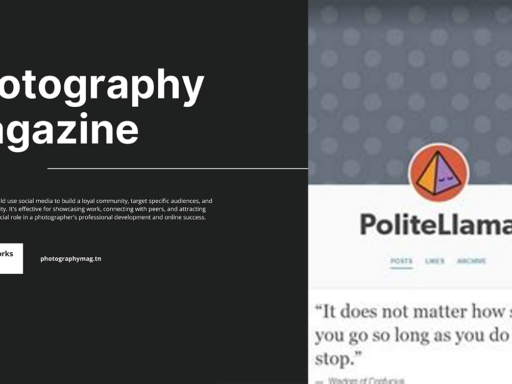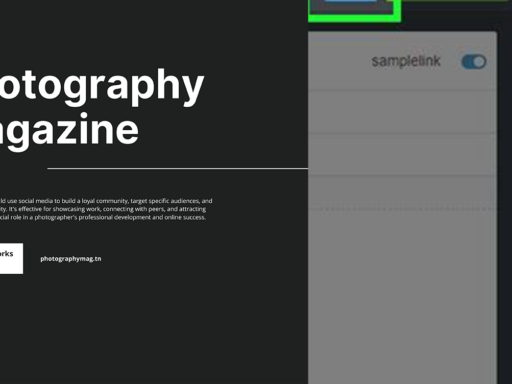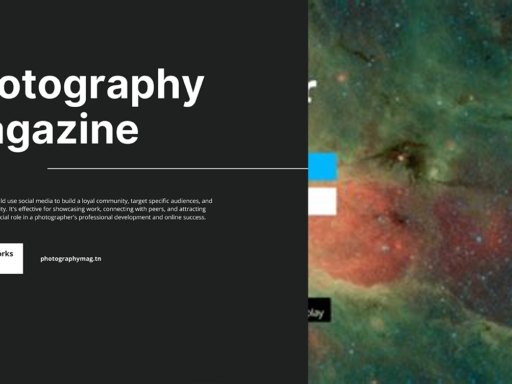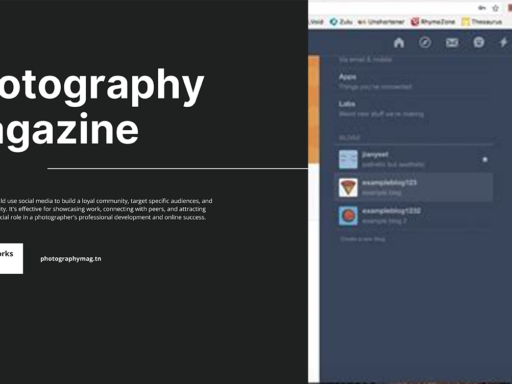Ah, Tumblr—the magical land where memes and mental health awareness collide in the most chaotic yet beautiful way. It’s like the corner cafe of the internet where budding nihilists and heart-on-their-sleeve poets come together to sip on their iced coffees while oversharing their emotional baggage. So does Tumblr attract depressed people? Oh, you bet it does!
Let’s dive headfirst into this virtual rabbit hole. First off, we have to acknowledge that Tumblr thrives on uniqueness and individuality. Its quirky, often aesthetic-driven platform creates a safe space for those who think they are too “out there” for mainstream social media. For many, it becomes a refuge where they can post amateur fan art one second and a heart-wrenching personal confessional the next—because who doesn’t want to scroll through the juxtaposition of cute cat gifs and deep existential crises?
Tumblr’s strong connection to various subcultures acts like a magnet for different communities often marginalized in mainstream conversations. Think goth kids, anime lovers, or those who insist they are “too cool for reality.” This melting pot encourages open discussions about mental health, allowing users to exchange their experiences without the fear of judgment. They find solace in belonging—even if it’s just with a bunch of pixelated avatars.
Moreover, let’s not overlook the platform’s unique algorithm, which favors reblogs over likes. This establishes a culture of sharing and support. Users can share a post about their feelings, and suddenly it goes viral, with a myriad of comments that say, “I totally feel you!” This can sometimes lead to a feedback loop—more engagement equals more sharing, which equals more users who relate to those feelings of depression or anxiety. It’s a cycle that, while well-intentioned, can sometimes create a space where negativity flourishes. It’s like a club where the uniform is sadness.
And let’s get real: the aesthetics of Tumblr often embrace darkness—whether it’s through moody photography, melancholic poetry, or haunting playlists. This artistic expression can resonate deeply with those going through tough times, making it feel like the platform was made just for them. Here, someone can channel their feelings into creative outlets; when your mental state feels like a rollercoaster, who wouldn’t want to turn that into a series of artsy posts?
However, is this all sunshine and rainbows? Hardly! While Tumblr offers a community, it can also be a double-edged sword. The phenomenon of “trauma bonding” can sometimes lead to users feeling trapped in a cycle of negativity. Sharing struggles is great and all, but constantly consuming content focused on sorrow can solidify those feelings instead of helping to overcome them.
In conclusion, Tumblr undoubtedly attracts its fair share of individuals struggling with mental health, primarily due to its unique atmosphere that fosters connection over destruction. The way it combines creativity, community, and culture creates an environment where anyone, especially those feeling a little “off,” can feel understood. Just remember, while it’s great to feel validated by the sweet scent of camaraderie, it’s also crucial to seek help beyond the digital realm. Grab a coffee, join a support group—maybe even step outside. After all, there’s a whole world out there, away from the glow of the screen!





